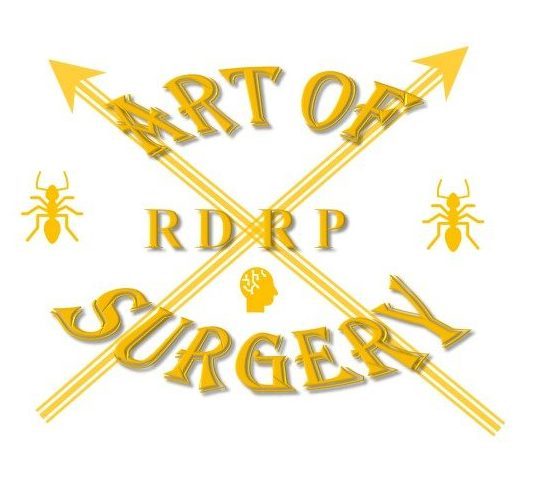Tier 3 Assessment for Bariatric Surgery
2.1 All patients considered appropriate will be offered an initial one-stop assessment with an obesity consultant and specialist dietitian.
The assessment by the clinician will focus on identifying medical reasons behind weight gain, the identification and optimisation of comorbidities as well as preparing the patient for the possibility of surgery. The dietitian will aim to identify abnormal eating behaviours or disorders as well as making a full dietary assessment and offering advice on changing eating behaviours.
Later in the pathway, that patient will be assessed by a psychologist, who will focus on any underlying psychological issues that may be contributing to weight gain for example comfort eating, systematic difficulties, low self-esteem as well as identifying patients with binge-eating disorder, alcohol and drug misuse, untreated depression or anxiety, and other psychological difficulties that may inhibit successful surgery.
2.2 Following this assessment a plan for the ongoing treatment will be made, as highlighted within the service pathway via the Tier 3 MDT meeting. Onward referral to other services will be initiated as appropriate. A review of treatment will be conducted at different time points within the service.
2.3 If the patient has been considered for bariatric surgery, they are assessed using the traffic light system (see below).
2.4 There may be circumstances when a patient will circumvent the need for full Tier 3 assessment before surgical review. This may include patients who have other conditions that require a rapid significant weight loss (such as patients with a cancer diagnosis who require urgent surgery, with renal disease requiring transplant or Idiopathic Intracranial Hypertension). In addition, patients may be identified early in the process as prohibitively high risk for surgery when an early surgical assessment can be made to manage expectations appropriately. These patients will be discussed at MDT and may then proceed directly to surgical assessment if considered appropriate.
2.5 A full discharge summary from Tier 3 will be generated and sent to the GP and Tier 4 team.
2.6 All patients who smoke will be actively encouraged to stop smoking. Advice on local NHS smoking cessation services will be given.
2.7 Outcome data from Tier 3 will be collected prospectively and made available via the Trust website via the annual report. This will include weight loss, comorbidity resolution and quality of life data as well as information on patient satisfaction.
Traffic Light System for Tier 3 outcome
Green
• Appropriate motivation – health rather than mental health
• Good understanding of procedure and outcomes
• Appropriate expectations for weight loss etc
• Regular balance diet
• Insight into eating and causes of weight gain
• Proven compliance
Amber
• In cases of severe mental illness
o Mental state should be stable. 12 months of no history of hospital admissions or acts of deliberate self-harm
• History of alcohol or substance misuse
• History of eating disorder
• Mild learning difficulties
• Poor motivation
• Unrealistic expectations
• Binge eating disorder
• Inadequate insight into eating behaviours
• History of poor compliance
Red
• Unstable psychosis
• Active substance misuse and alcohol dependence
• Severe / moderate learning difficulties
• Dementia
• Severe personality disorder
• Self harm within last 12 months
• Active bulimia nervosa
• Current non-compliance with treatment
